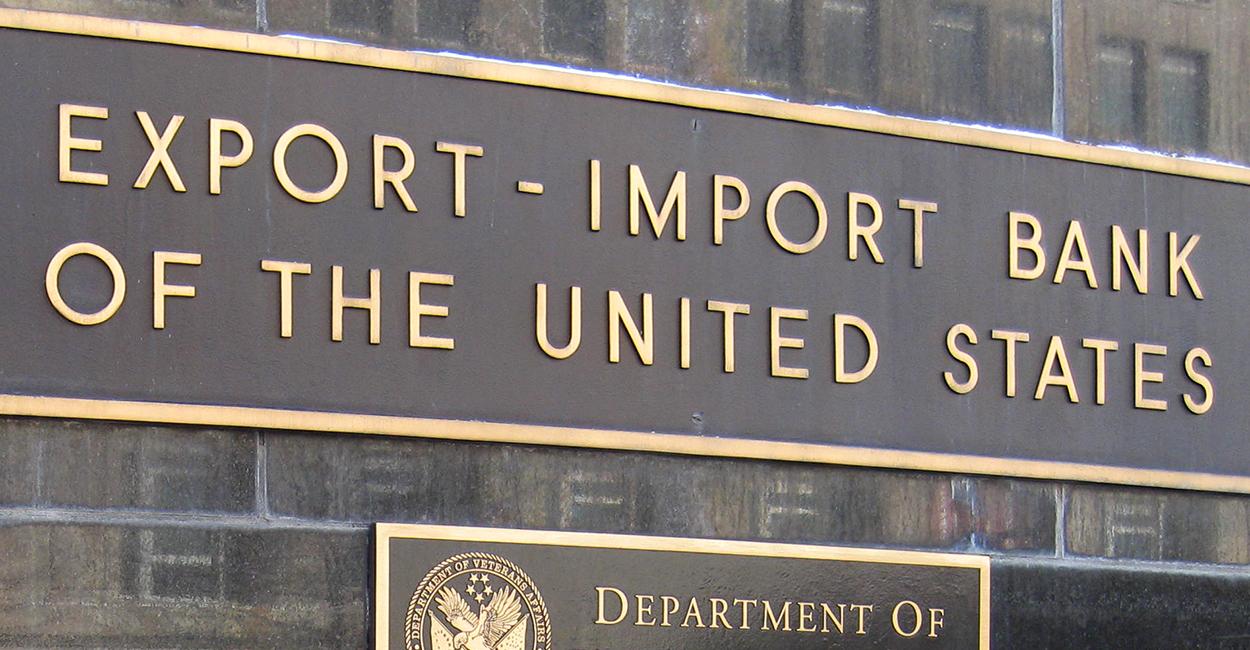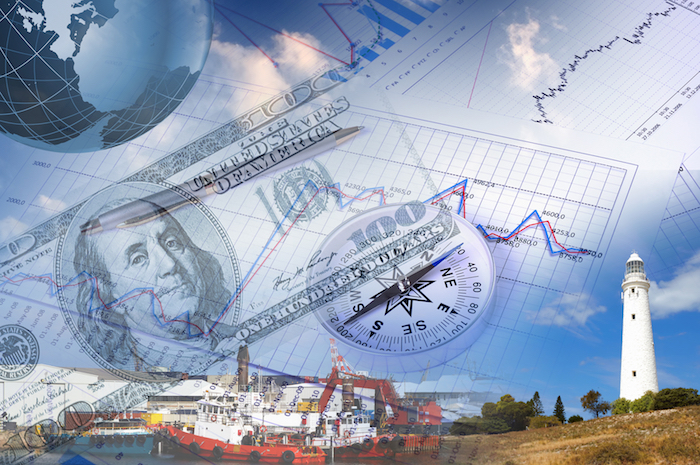
Project logistics shippers and carriers are hoping that the Export-Import Bank of the United States, a political football for years, can get off the sidelines soon.
Ex-Im Bank supporters’ hopes were raised in June when President Trump nominated a chairman and board member for the bank, which since 2015 has been operating without a quorum needed to approve loans of more than $10 million.

However, Trump’s choice as Ex-Im Bank chairman surprised almost everyone. He nominated former Rep. Scott Garrett, R-N.J., who during 12 years in Congress railed against the bank and denounced it as a “misguided program” that contributed to “crony capitalism.”
Trump himself expressed similar criticisms on the campaign trail before abruptly reversing position this year and telling The Wall Street Journal that he had decided that Ex-Im Bank is “a very good thing. And it actually makes money; it can make a lot of money.”
The president went on to say that he had opposed Ex-Im Bank because he questioned why it was needed for large companies, but that he had been persuaded that it also helps small companies, and that US companies are losing business to other nations that have trade finance programs such as that of Ex-Im Bank.
Ex-Im Bank provides loans to foreign companies buying US exports, as well as credit programs aimed at helping small businesses secure necessary capital and bringing in new international customers. It also provides insurance on receivables so that an exporter is covered if the customer doesn’t pay its bills.
Supporters of the bank say it helps US companies obtain funding when traditional commercial financing is unavailable, especially in regions with high risk exposure or poorly developed capital markets. More than 60 other countries have their own export credit agencies.
The agency’s critics, including the conservative Heritage Foundation and Republican “Tea Party” leaders, argue that the bank’s chief beneficiaries are large companies that don’t need assistance, and that private lending is sufficient to finance US exports.
Congressional disagreements forced a brief halt in the bank’s operation in 2015 before supporters succeeded in attaching funding legislation to a broadly supported transportation reauthorization bill.
Though the funding kept the bank going, it was a partial victory for Ex-Im Bank supporters. Through 2016, Sen. Richard Shelby, R-Ala., chairman of the Senate Banking Committee, blocked lawmakers’ consideration of President Obama’s nomination to fill vacancies on the bank’s board.
Shelby’s successor as Banking Committee chairman, Sen. Mike Crapo, R-Idaho, has been publicly quiet on Ex-Im Bank policy.
Lacking a quorum, the board has been unable to approve transactions of more than $10 million, which in today’s project cargo business often is only a tiny fraction of the cost of a single prefabricated construction module.
Transactions of more than $10 million must be approved by at least three of the board’s five members. Trump’s nomination of Garrett was criticized by some members of Congress, including House minority whip Steny Hoyer, D-Md., who called it an “act of sabotage” by the president.
In addition to Garrett, Trump appointed Rep. Spencer Bachus, R-Ala., to the Ex-Im Bank board. When he was in Congress, Bachus supported the bank’s reauthorization, once saying the Ex-Im Bank “is available to help those small businesses compete and win in the global marketplace.”
Capt. William Schubert, a former US maritime administrator who now is president of Houston-based International Trade & Transportation, said he hopes Ex-Im Bank is on track to return to financing of large-scale export projects. With its lending curtailed, first by lack of funding and then by lack of a quorum, the agency has a backlog of more than $30 billion in applications.
US-based engineering, construction, and procurement companies say many of their customers rely on Ex-Im Bank financing, and that without it, the business will go elsewhere.
“We need Ex-Im Bank,” Dennis Mottola, global logistics manager at engineering, procurement, and construction giant Bechtel Corp., said at the recent JOC Gulf Shipping Conference in Houston. He said the bank’s lending restrictions hurt US contractors, manufacturers, suppliers, and US-flag ocean carriers.
Schubert said other nations, such as China, have been accused of using their export credit agencies for strategic advantage, and that the Ex-Im Bank’s difficulties are damaging the US strategic industrial manufacturing base.
The Aerospace Industries Association has urged resumption of full Ex-Im Bank activity, as did the Exporters Maritime Competitive Council, which represents US companies involved in project cargo.
Boeing and General Electric have been among the top users of Ex-Im Bank financing, but Schubert noted that many small US exporters also have relied on it. Schubert also said Ex-Im Bank financing often generates ongoing US exports beyond what’s directly covered by one of the bank’s loans.
“Say a US company obtains Ex-Im Bank financing to sell 85 earth-moving machines to an overseas mining company,” Schubert said. “If the buyer later has to replace one of those machines or add more, where do you think they’ll buy them? Chances are they’ll call the US company that sold them the original machines. That’s an additional export right there.”
www.joc.com

